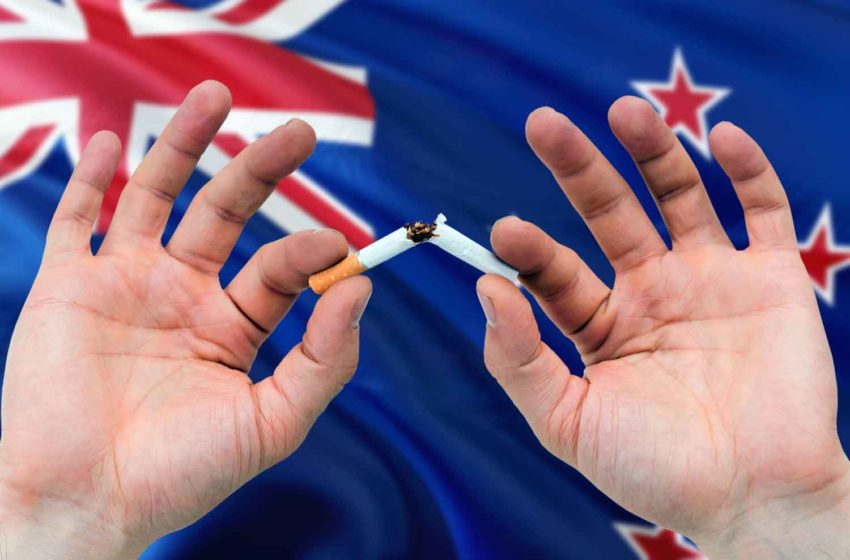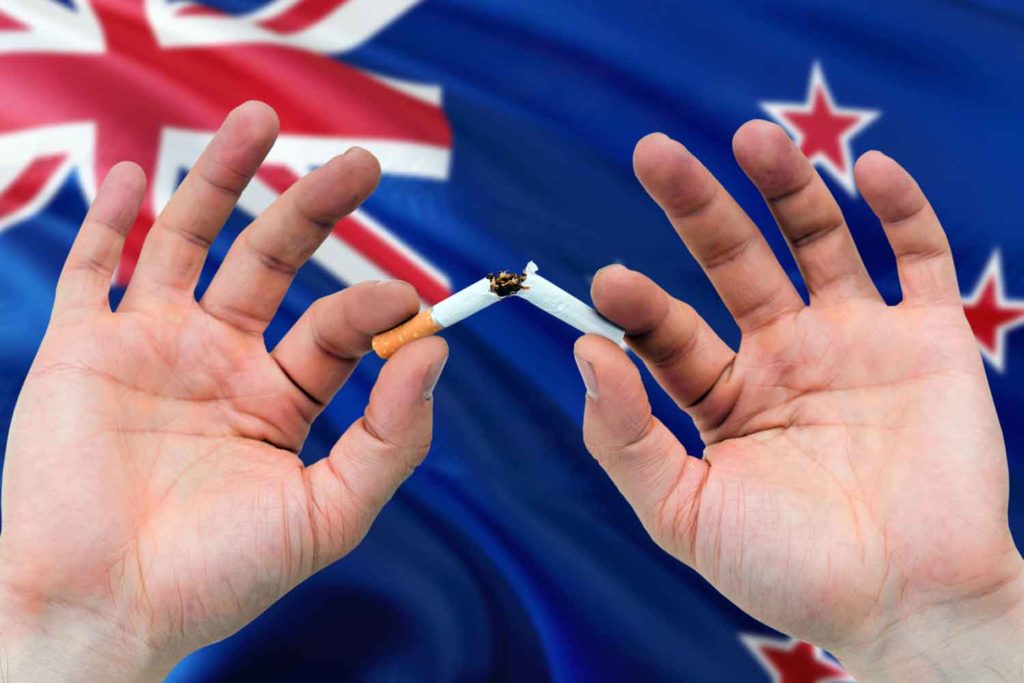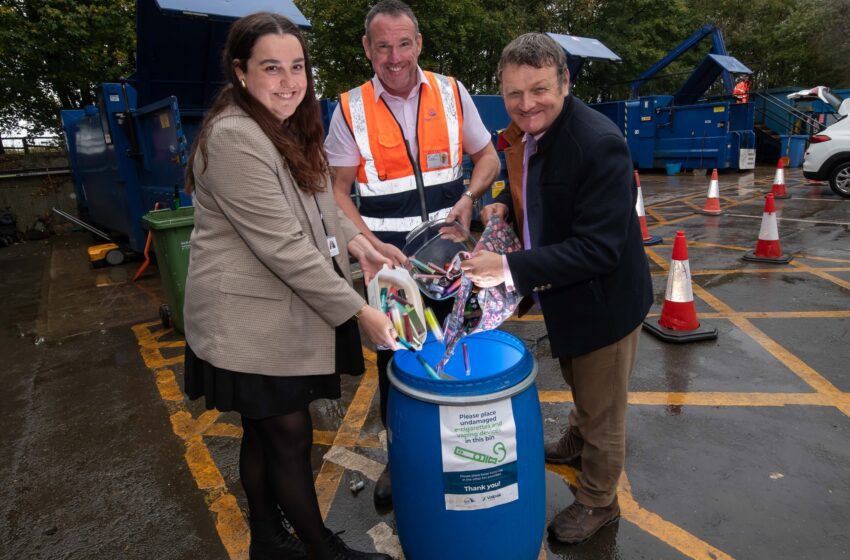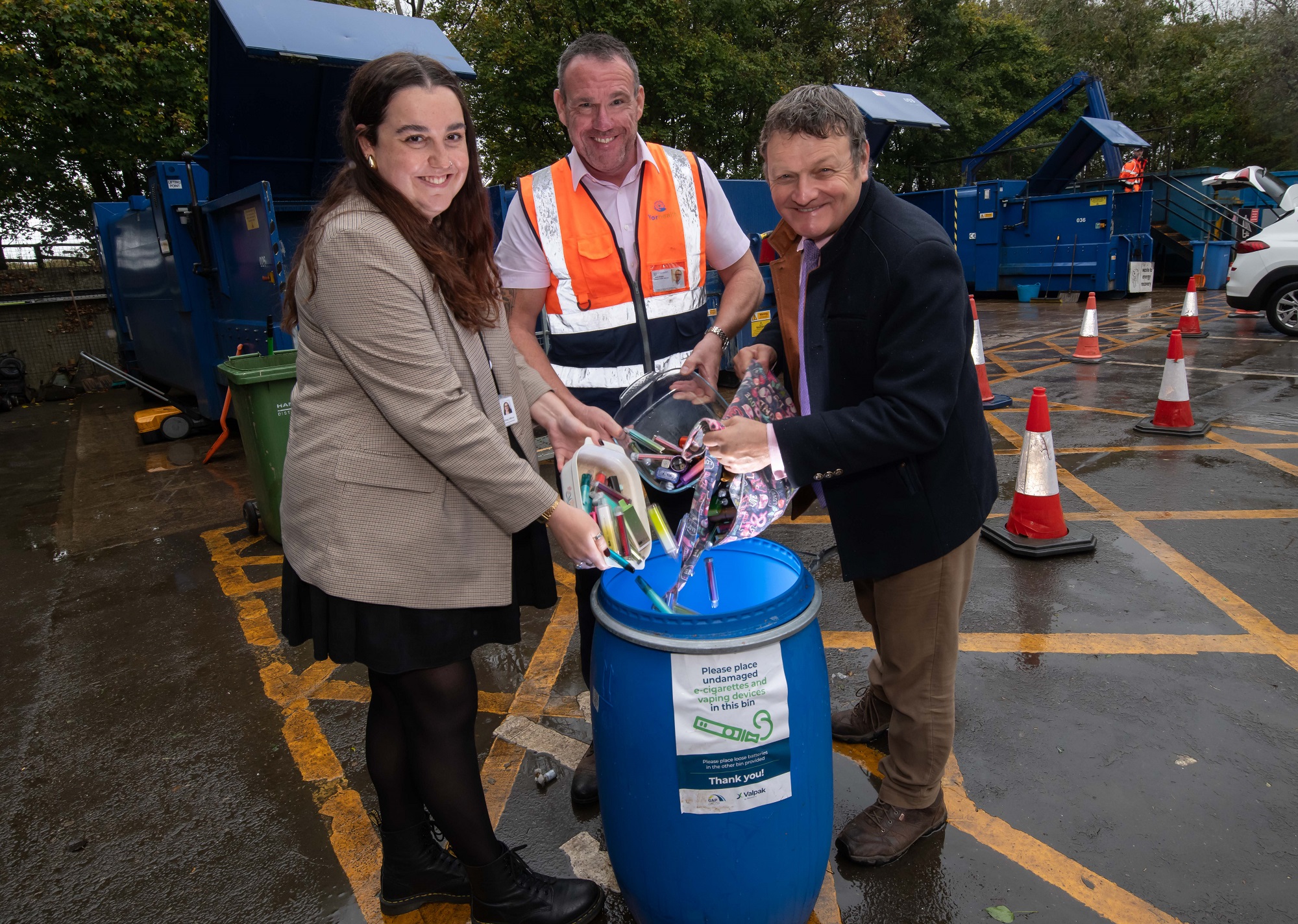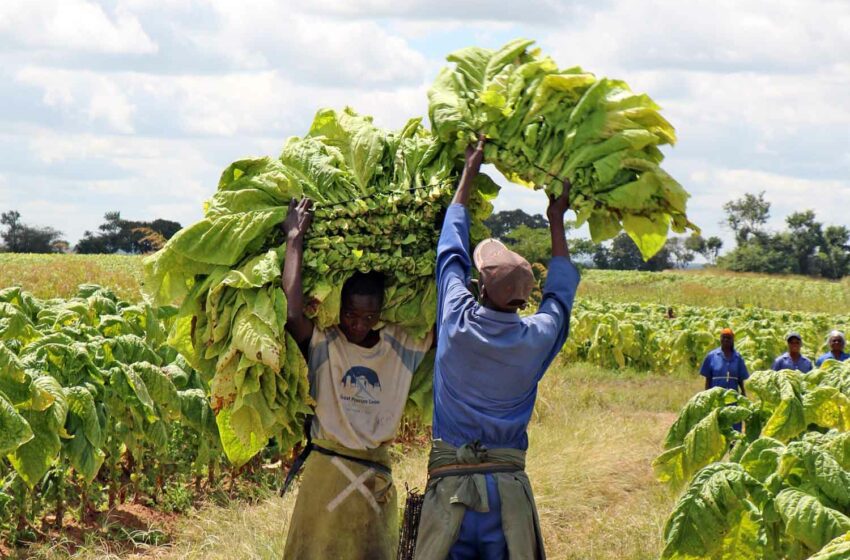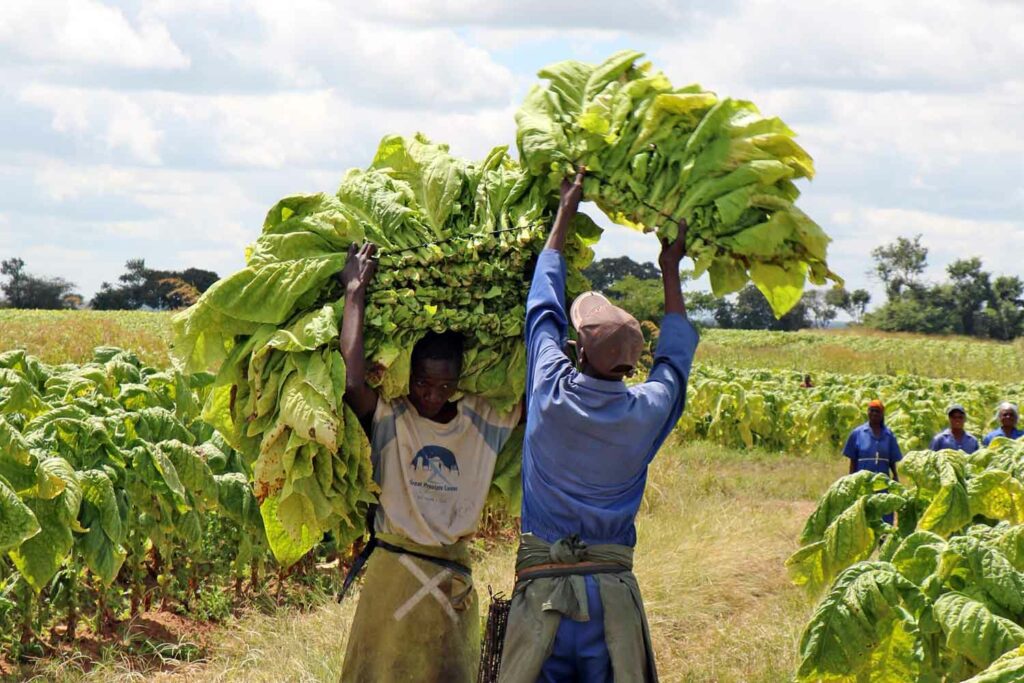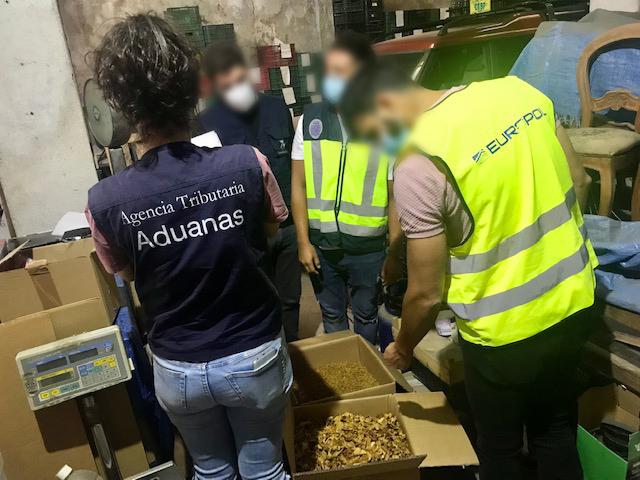
The Maldives will ban e-cigarettes and related products, reports The Edition, citing an announcement by President Mohamed Muizzu on X. Lawmakers will receive proposed amendments to the island nation’s legislation this week.
According to the post, the Maldives will outlaw import of all vape products and parts of vape devices from Nov. 15, 2024. Additionally, the use, possession, production, sale, advertisement and distribution of all vape products will become illegal from Dec.15, 2024.
This decision follows numerous requests from concerned parents, health service providers and groups such as NDC Alliance and the Doctors Association and Nurses Association.
According to figures shared with Mihaaru News by Maldives Customs Service, local businesses imported vapes worth MVR124.34 million between 2018 and July of this year.
Currently, some 50 countries ban vapes, including at least five countries in Asia.






